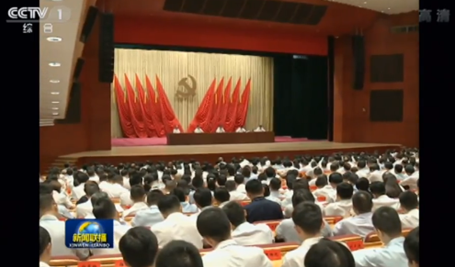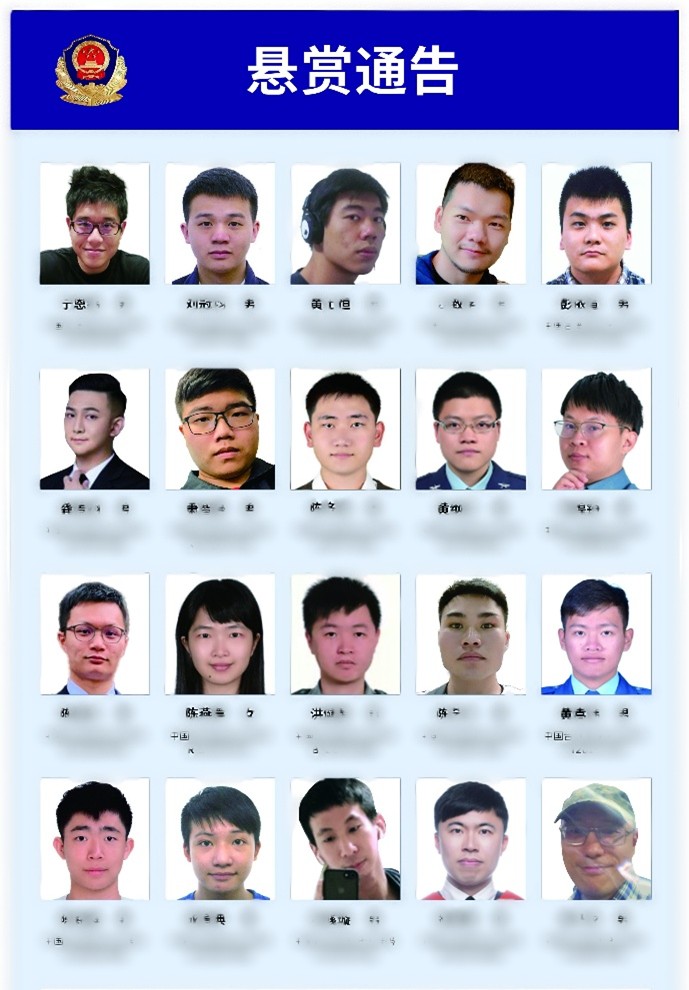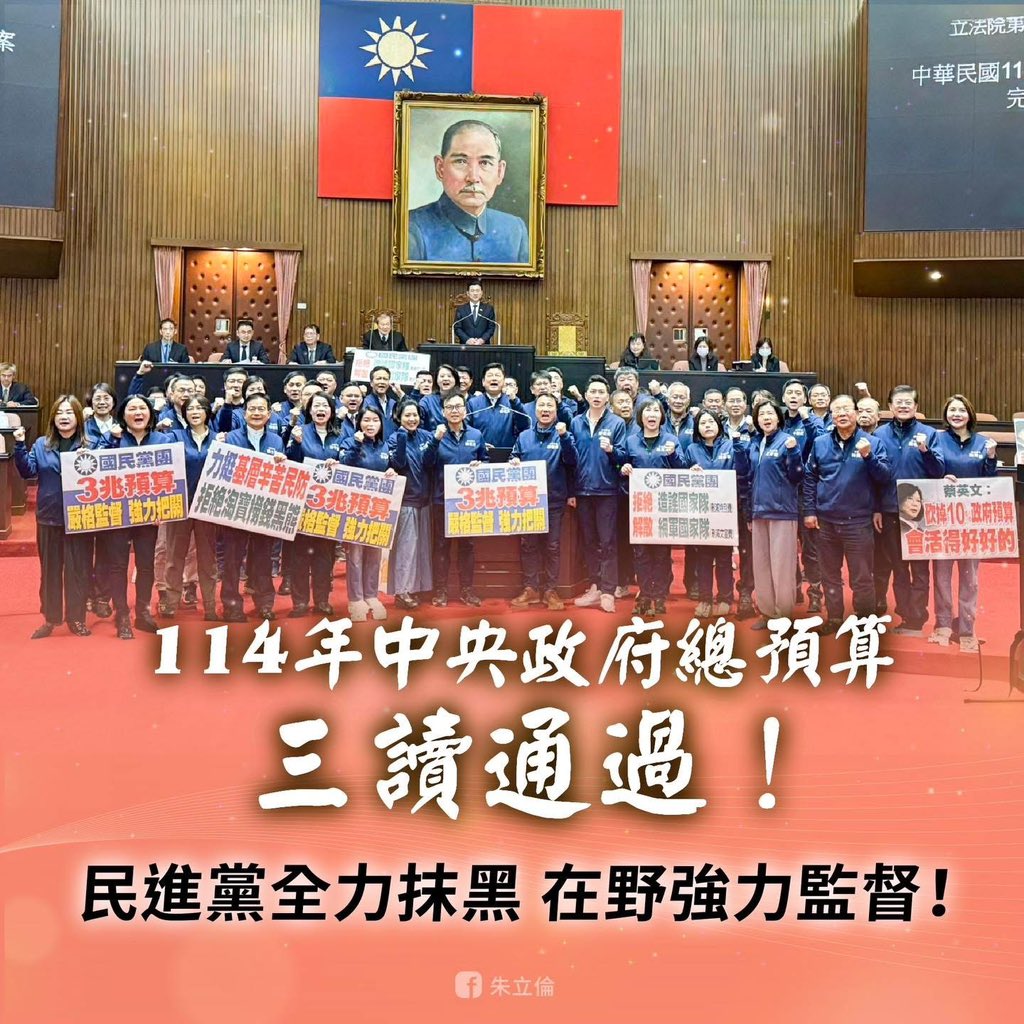
Xi Signals a New Round of “Struggle” Against Foes in the Party
Xi Signals a New Round of “Struggle” Against Foes in the Party
A Renewed Call for “Struggle” Within the CCP
Chinese Communist Party (CCP) General Secretary Xi Jinping has called for a season of renewed douzheng (斗争), or “struggle,” to tackle the country’s international and domestic problems. To further consolidate his position as the “eternal core” of the CCP, Xi is also set to unleash struggle campaigns against the paramount leader’s enemies within the higher echelons of the party. It is significant that the struggle-related bugle call was issued by Xi in early September, just as the party had scheduled for October a much-delayed fourth plenary session of the CCP Central Committee— which consists of the nation’s most powerful 374 cadres, many of whom are not members of the fast-rising Xi Jinping Faction.
The rallying cry for struggle was sounded at a talk given by Xi to mid-career cadres at the CCP Central Party School on September 3. Xi noted that major endeavors of the party, including the establishment of the People’s Republic of China (PRC) and the reform and opening-up policy, “were born, underwent development and strengthened in the midst of struggles.” Xi exhorted every party member “to develop the spirit of struggle, and to boost their ability to struggle [against enemies].” Xi admonished the audience that “We must nurture and uphold a staunch struggle spirit, a tenacious will to struggle and superior struggling skills” in handling international and domestic crises and in running the party, state, and military (Seeking Truth, September 4; China News Service, September 3).
Who are the targets of Xi’s struggles? He noted that parties and agents that “jeopardize our country’s sovereignty, security and developmental interests” must be struggled against. Such arduous work must be done in areas including the economy, politics, culture, society, defense, work pertaining to Hong Kong, Macau and Taiwan, diplomatic work, and party construction (China News Service, September 4; Chinadigitaltimes.net, September 4).
The Background and Implications of Xi’s Calls for “Struggle”
Despite the constant invocation of the need for “struggle,” Xi has yet to give a concise definition as to how these struggles should be waged. The term, however, has deep Maoist roots—and Mao’s strident characterization of “struggle” invariably implied the demise and disintegration of the targets of his wrath. This applied to the Great Helmsman’s struggle-related battle cries against the “U.S. imperialists” and “Soviet revisionists”—as well as his brutal treatment of accused “capitalist roaders” such as reformers Liu Shaoqi and Deng Xiaoping during the Cultural Revolution. The logic of Mao-style struggle was evident in his famous boast that “there is boundless joy in struggling against heaven, struggling against the earth and struggling against fellow human beings.” [1]
The United States is a prime target of Xi’s calls for struggle. In early September, senior administration officials such as White House Economic Advisor Larry Kudlow indicated that the U.S.-China trade war was a means of winning the new Cold War against the PRC. Comparing the contention with China to the bitter rivalry between the United States and the Soviet Union, Kudlow said, “The stakes are so high, we have to get it right, and if that takes a decade, so be it.” President Trump has called upon U.S. businesses to consider abandoning the Chinese market. Beijing’s perception of the American threat has been compounded by the Xi administration’s claim that Washington is behind a “color revolution” being waged in Hong Kong. Perhaps reflective of Xi’s hopes that a deal with the Americans could help lift the Chinese economy out of its doldrums, Xi has floated a more benign version of the struggle concept in terms of trade: “Cooperation should also be sought in the midst of struggles,” he said. “Win-win scenarios can also be realized through struggles” (VOAChinese, September 12; New York Times Chinese Edition, August 26; Global Times, August 14).
However, Xi has demonstrated no such flexibility or magnanimity regarding intra-party struggles. The foremost targets of Xi-style struggle are likely political foes who are frustrated that Xi has reinstated the ultra-radical policies of Mao to handle 21st-century problems, such as the downturn in the Chinese economy and China’s increasing problems with the U.S.-led Western alliance (Apple Daily [Hong Kong], September 9). China specialist David Bandurski has noted that “Xi is facing his own real struggles within the Party” as he appears to grapple with domestic and global challenges: “[Xi’s] choice of language might be intended to send a tough message to those within the Party who resist his leadership, or attempt to work against his objectives” (China Media Project, September 6).
Hong Kong Baptist University political scientist Jean-Pierre Cabestan agrees: “Xi’s speech about struggle has a strong domestic political dimension… He has asked cadres to struggle against those in China who are against the one-party system and who are in favor of giving more space to the private sector and market economy.” The Sinologist added that Xi seemed to be on the defensive because he faced a “hard battle” at the Fourth Plenum in view of the unresolved trade war with the United States and the ugly confrontations in Hong Kong. [2]
Signals of a Potential New Round of Party Purges?
Xi indicated in his Central Party School lecture that the goal of the struggle campaign is to “comprehensively and severely govern the party under the insistence of the leadership position of Marxism in ideology and thought.” He admonished cadres and CCP members to “be bold enough to brandish the sword when confronting choices involving major principles.” “Leading cadres must bear full responsibility in safeguarding [security in their] jurisdiction,” he added. “They must be ready when called upon [to struggle], be ready to engage in combat, and be able to always win battles.” By implication, officials who fail to measure up to Xi’s goals and demands may be sacked or even sent to jail.
Similar warnings against errant and disobedient cadres were sounded in a July article on “boosting the self-consciousness and firmness in pushing forward the party’s political construction,” which appeared under Xi’s name in the official CCP theoretical journal Seeking Truth. “The question of some cadres neglecting politics and making light of politics is still relatively outstanding… Some only give lip service to [abiding by] the party leadership,” the party boss complained. “Others lack political sensitivity, political discrimination and the spirit of struggle regarding erroneous words and actions… and they have ignored the party’s political discipline and regulations” (Xinhua, July 15).
However, whether or not Xi is well-positioned to launch a new purge—which is a typical form of intra-party “struggle”—can only be seen via the dynamics of the upcoming Fourth Plenum. Normally, a plenum is held every year, but the previous one (the Third Plenum of the 19th Central Committee) took place in February 2018. One possible reason for the repeated delays is that Xi lacks the confidence to handle potentially hostile questions from this top-ranked committee, to which the Politburo and its Standing Committee must at least theoretically make periodic reports (Radio French International Chinese Edition, September 9; South China Morning Post, August 30). It is instructive, moreover, that instead of handling tough day-to-day challenges facing the nation, the plenum is set to deal with theoretical issues relating to “upholding and improving the system of socialism with Chinese characteristics.” According to a late August Politburo meeting, a key goal of the Fourth Plenum will be to generate among cadres “greater efforts in pushing forward the modernization of the state governance system and governance ability” (国家治理体系和治理能力現代化, guojia zhili tixi he zhili nengli xiandaihua) (Xinhua, August 31; HK01.com, August 30).
Conclusion: The Gaps Between Rhetoric and Governing Reality
As is usual, Xi is good at coining high-sounding slogans, but poor in defining how these grandiloquent objectives can be attained. Punishments, however, are in order for those officials who fail to acquit themselves well in what some conservative theoreticians call a potential breakthrough comparable to the party’s “Fifth Modernization” (China News Service, July 15; Xinhua, July 6). The August Politburo meeting warned that to reach lofty governance goals, “the party should formulate and review its internal regulations and clarify [cadres’] responsibilities for their implementation.” It is thus probable that officials who have fallen short in achieving higher standards of governance—especially Xi’s enemies—could be flushed out of the system.
What about Xi himself? Has he passed muster as a party chief who can wage the right kind of struggle so as to modernize the nation’s problematic governance system? There is a danger that, having set the bar so high, even the “lifelong core” of the party might sometimes have difficulty making the grade. In his Central Party School speech, Xi reiterated that “a group of faithful, clean and responsible cadres of high quality is needed to perform great struggles.” Apart from having undergone “serious training in thought, political tests and training in practice,” a top official must be able to see the big picture before everybody else. In relation to the attributes of a great leader, Xi said that “He must know that a deer has passed when he sees and hears the grass and leaves shake… He senses that a tiger is coming when the pine trees whip themselves up into a storm. And he senses a taste of autumn on seeing a single leaf change color” (Xinhua, September 5).
Xi and his aides have been criticized for poor political sensitivities in underestimating the fusillades coming from the Trump Administration, as well as the severity of anti-CCP sentiments that have underpinned the “turmoil” in Hong Kong. The possibility cannot be ruled out that Xi, a brilliant student of Mao-style power struggles, may be hoisted by his own petard in the cut-and-thrust of the Fourth Plenum.
Dr. Willy Wo-Lap Lam is a Senior Fellow at The Jamestown Foundation, and a regular contributor to China Brief. He is an Adjunct Professor at the Center for China Studies, the History Department, and the Master’s Program in Global Political Economy at the Chinese University of Hong Kong. He is the author of five books on China, including Chinese Politics in the Era of Xi Jinping (2015). His latest book, The Fight for China’s Future, was released by Routledge Publishing in July 2019.
Notes
[1] Cited in: “Mao Zedong Firmly Believes That There Is Boundless Joy in Struggling Against People,” Phoenix Television, December 9, 2012, https://phtv.ifeng.com/program/zmdfs/detail_2012_12/09/19990619_0.shtml. For a discussion of Mao-style struggle, see, for example, “Mao Reiterated That If Enough Attention Is Paid to Methods of Struggle, Enemies Need Not Be Feared No Matter How Fierce They Are,” Guangming Daily, August 1, 2014, https://www.chinanews.com/cul/2014/01-08/5709277.shtml.
[2] Author’s interview with Professor Cabestan, September 9, 2019.


